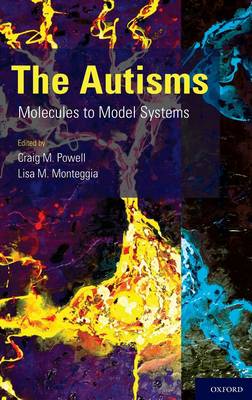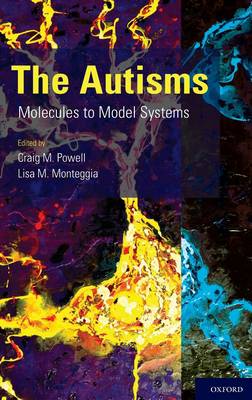
- Retrait gratuit dans votre magasin Club
- 7.000.000 titres dans notre catalogue
- Payer en toute sécurité
- Toujours un magasin près de chez vous
- Retrait gratuit dans votre magasin Club
- 7.000.0000 titres dans notre catalogue
- Payer en toute sécurité
- Toujours un magasin près de chez vous
Psychology of Science
Implicit and Explicit Processes: 2nd Purdue Symposium on Psychological Sciences
Robert W Proctor, E J Capaldi
Livre relié | Anglais
205,95 €
+ 411 points
Description
The study of science, sometimes referred to as metascience, is a new and growing field that includes the philosophy of science, history of science, sociology of science, and anthropology of science. In the last ten years, the formal study of the psychology of science has also emerged. The psychology of science focuses on the individual scientist, influenced by intelligence, motivation, personality, and the development of scientific interest, thought, ability, and achievement over a lifespan. Science can be defined as explicitly and systematically testing hypotheses. Defined more broadly, science includes wider processes, such as theory construction and the hypothesis testing seen in children and "non-scientific" adults. Most prior work in the study of science has emphasized the role of explicit reasoning; however, contemporary research in psychology emphasizes the importance of implicit processes in decision-making and choice and assumes that the performance of many tasks involves a complex relationship between implicit and explicit processes. Psychology of Science brings together contributions from leaders in the emerging discipline of the psychology of science with other experts on the roles of implicit and explicit processes in thinking. Highlighting the role of implicit processes in the creation of scientific knowledge, this volume links the psychology of science to many strands of psychology, including cognitive, social, and developmental psychology, as well as neuroscience. Ultimately, this volume raises awareness of the psychology of science among psychologists, philosophers, and sociologists of science, and anyone interested in the metasciences.
Spécifications
Parties prenantes
- Auteur(s) :
- Editeur:
Contenu
- Nombre de pages :
- 552
- Langue:
- Anglais
Caractéristiques
- EAN:
- 9780199753628
- Date de parution :
- 02-07-12
- Format:
- Livre relié
- Format numérique:
- Genaaid
- Dimensions :
- 155 mm x 236 mm
- Poids :
- 884 g

Les avis
Nous publions uniquement les avis qui respectent les conditions requises. Consultez nos conditions pour les avis.






